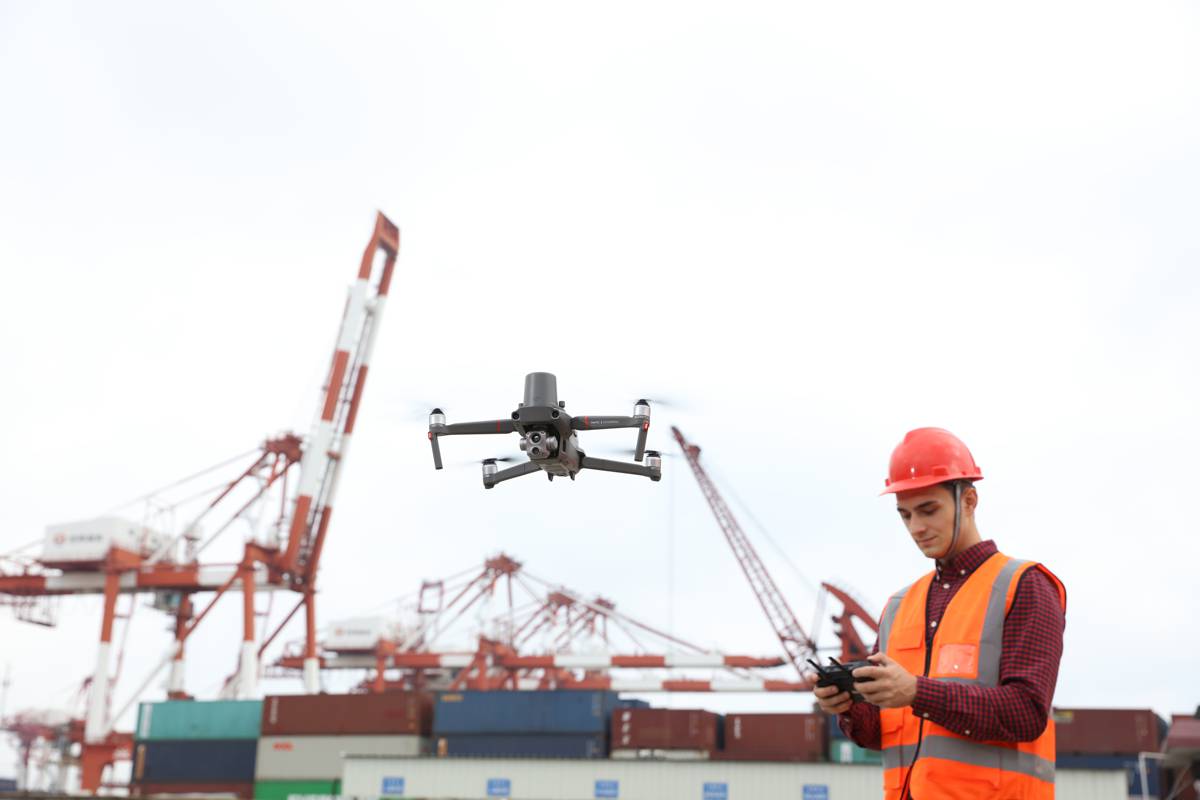DJI Mavic 2 Enterprise Advanced Drone delivers improved thermal vision and accuracy
DJI, the world leader in civilian drones and aerial imaging technology, today unveiled the Mavic 2 Enterprise Advanced, the new addition to DJI’s commercial fleet for professional missions which adds a plethora of performance upgrades to its predecessor.
The DJI Mavic 2 Enterprise Advanced has been designed to improve workflows for customers using drones for critical and complex operations. Now, early commercial drone adopters will realize even higher efficiencies with the Mavic 2 Enterprise Advanced and its cutting-edge thermal and RGB cameras. It also brings centimetre-level positioning accuracy through its RTK module.
“We realized that our Enterprise customers were often using the Mavic 2 Enterprise for industrial inspections where better accuracy and higher resolutions for thermal and visual sensors were critical features to perform a job well. Thanks to new key upgrades, the Mavic 2 Enterprise Advanced becomes the ideal drone and must-have tool for these types of complex inspections,” said Christina Zhang, Senior Director, Corporate Strategy & Communication at DJI. “Inspection professionals will be able to pinpoint defects and anomalies with better detail and perform operations and maintenance more effectively. Lastly, first responders and firefighters will be able to quickly locate victims, identify hot spots, and screen for fire risks to draft targeted rescue plans while keeping personnel safe.”
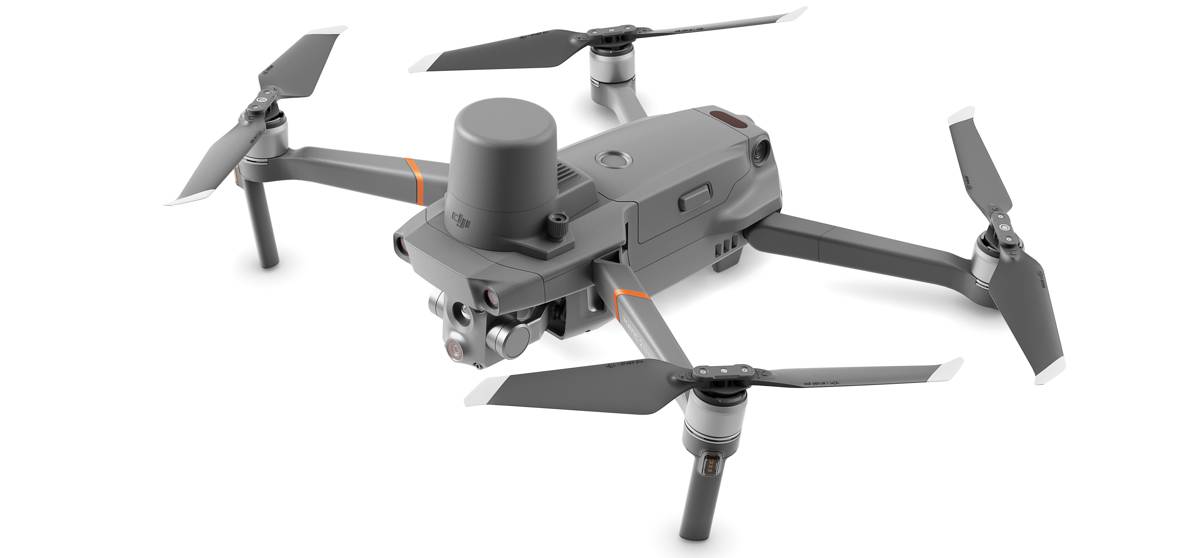
Powerful Imaging with Advanced Sensors
Thanks to its advanced dual sensors featuring an HD 640 × 512 pixel thermal resolution camera and a 48MP visual camera with a 1/2” CMOS sensor, professionals will be able to make informed decisions by quickly identifying objects on site. The thermal camera features a 30Hz frame rate and allows ±2°C temperature measurement accuracy. Pilots can switch between visual, thermal, or split-view feeds for different project needs.
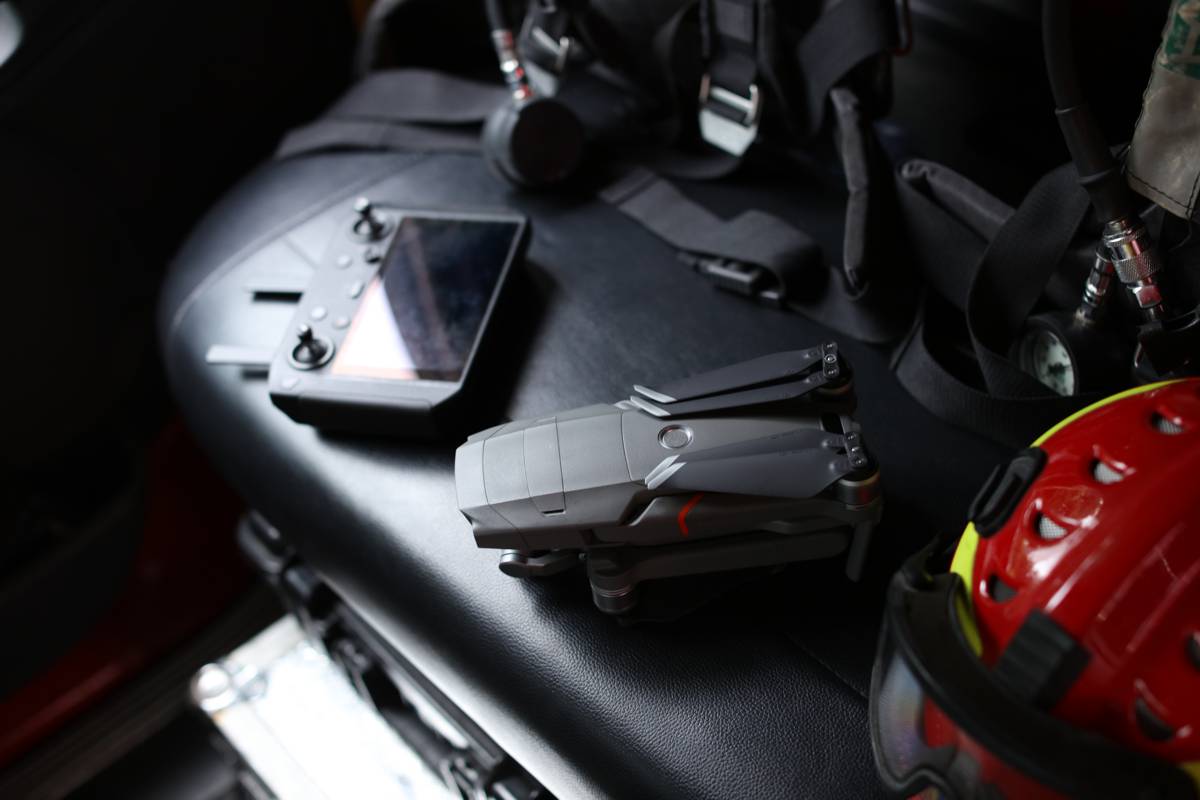
The Mavic 2 Enterprise Advanced can capture HD images and 4K videos from a safe distance. Its high-resolution camera sensors support a 32 x digital zoom and a 16 x thermal zoom, allowing operators to focus on the details that count on aerial inspection missions.
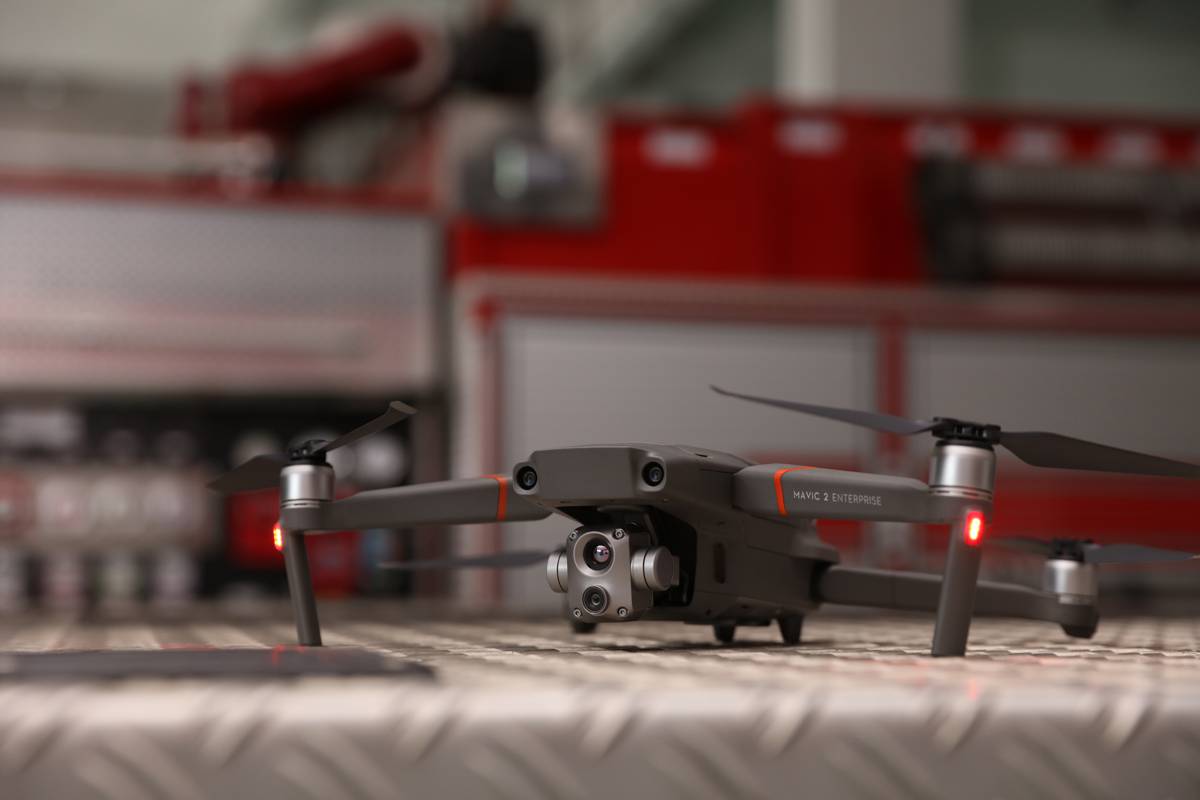
Additional features include:
- Spot Meter – Displays the average temperature of an object, helping pilots monitor and measure critical or hazardous objects while maintaining a safe distance.
- Area Measurement – Displays the average, lowest, and highest temperature, as well as the corresponding locations of each area, allowing inspectors to quickly assess objects and determine if an asset may be overheating.
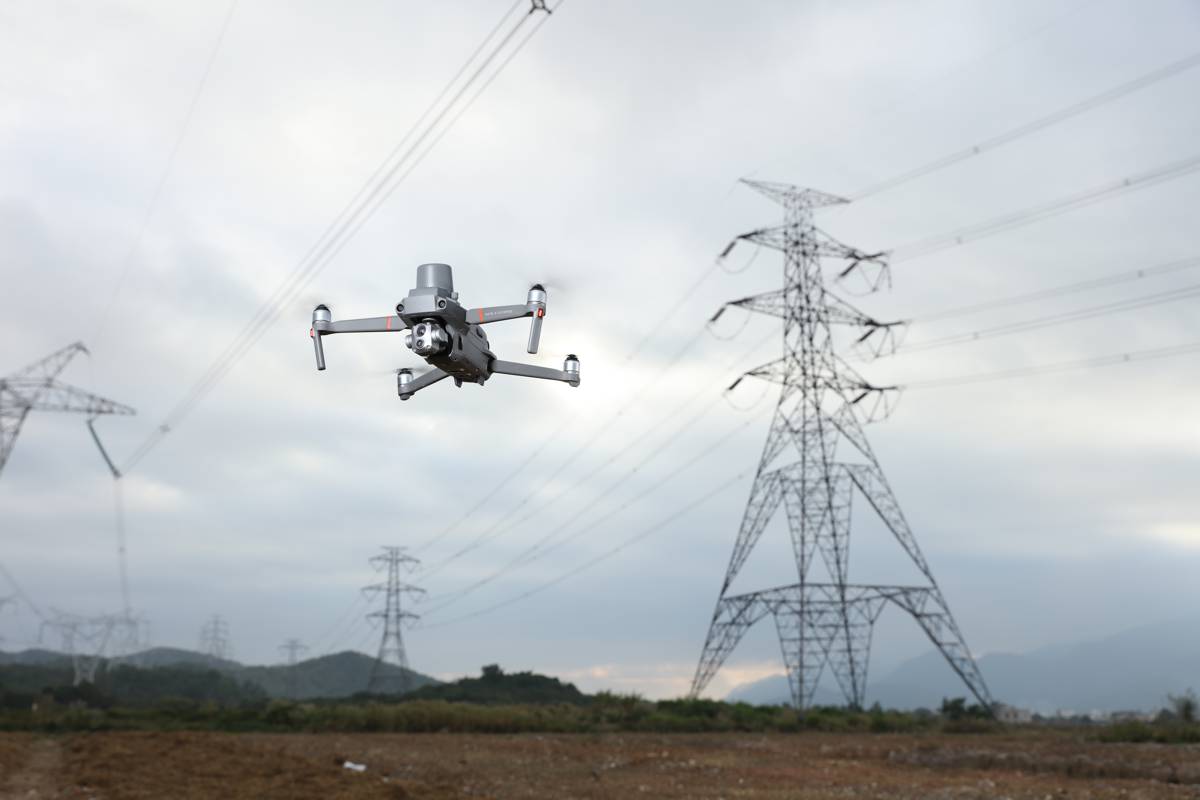
Centimeter-Level Positioning System
The new DJI Mavic 2 Enterprise Advanced can be equipped with a DJI RTK Module, which achieves centimetre-level accuracy and supports NTRIP making it ideal for powerline inspections. Operators can create up to 240 waypoints to conduct automated, detailed inspection missions in complex environments. The lightweight and portable format of the Mavic 2 Enterprise Advanced offers maximum agility as it can take off in less than a minute and zip through complex operating environments thanks to faster ascent and descent speeds.
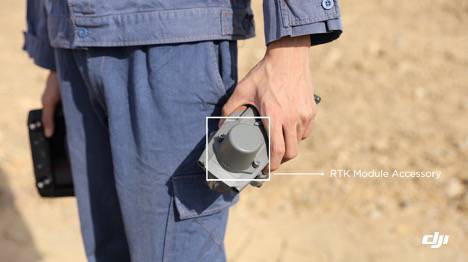
Robust Data Security and Enhanced Flight Safety
The Mavic 2 Enterprise Advanced offers a variety of data protection features that are specific to the DJI Enterprise products so that professionals can be confident in the security of their drone data and to protect the integrity of photos, videos, flight logs and other data generated during sensitive flight. When operated with the DJI Pilot App, the Mavic 2 Enterprise Advanced features Local Data Mode as one of several ways to protect your data. When activated, Local Data Mode will stop the DJI App from sending or receiving any data over the internet. This provides added security assurances for operators of flights involving critical infrastructure, governmental projects or other sensitive missions. The radio link between the aircraft and remote controller features robust AES-256 encryption.
The Mavic 2 Enterprise Advanced incorporates 24 GB of onboard data storage and password protection. This provides additional security to the drone and its onboard data storage, while protecting the data even if the drone is physically compromised.
The new Mavic 2 Enterprise Advanced includes DJI’s AirSense system that receives ADS-B signals from airplanes and helicopters to warn drone pilots of other air traffic nearby and 6-directional obstacle sensing. Operators will also be able to fly with Discreet Mode which disables the LED navigation lights and to take advantage of self-heating batteries when operating in cold weather conditions as low as -10° C (14° F).
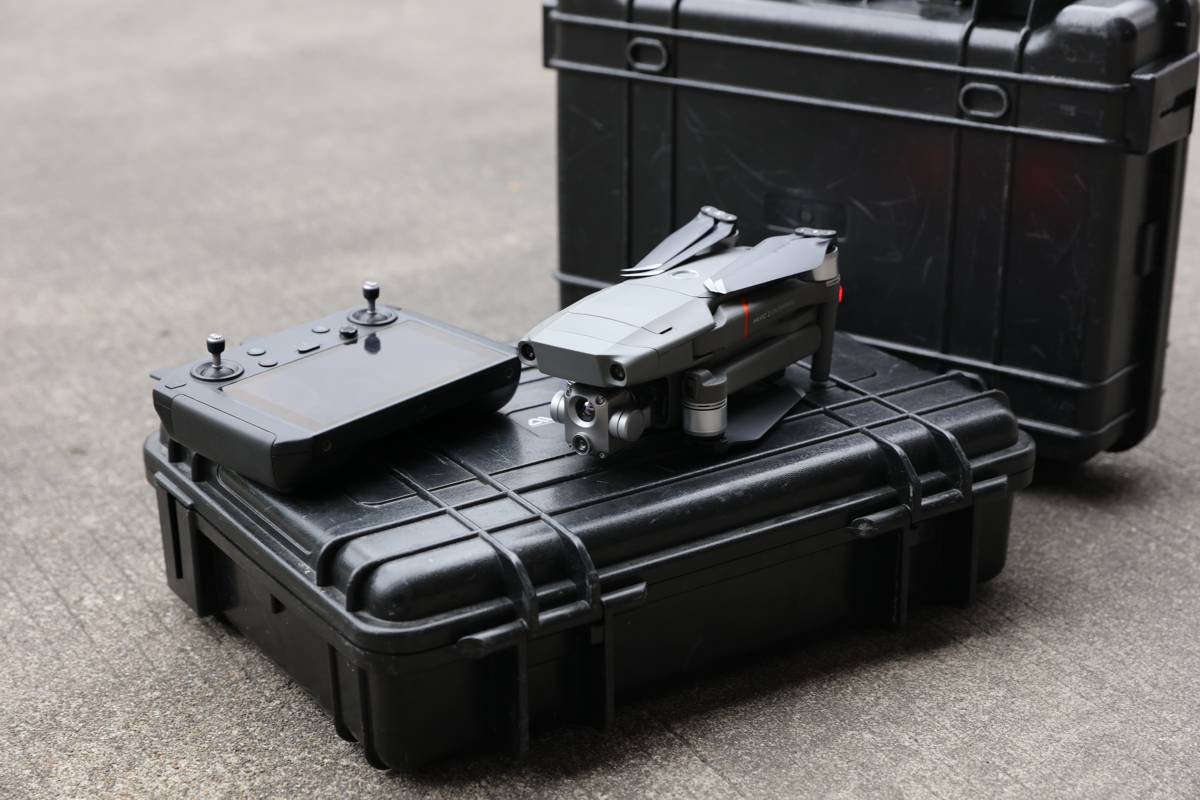
Modular Accessories to Enhance Mission Productivity
The new Mavic 2 Enterprise Advanced also includes useful accessories that enhance mission productivity.
- Spotlight – The spotlight with a brightness of 2,400 lumens aids operations at night and during low-light or complex daytime conditions like fog and smoke.
- Speaker – A loudspeaker with a maximum projection of 100 decibels (1-meter distance) is able to store multiple voice recordings and play clips on loop enabling communication with ground teams during emergency situations for efficient operations.
- Beacon – Designed with U.S. Federal Aviation Administration (FAA) Night Waiver standards in mind, the Mavic 2 Enterprise Advanced beacon features a bright flashing strobe visible 4.8 kilometres (3 miles) away. This helps pilots carry out missions in low-light conditions or at night much more safely, and provides additional airspace awareness for operators of nearby drones and traditional aircraft.
- DJI Smart Controller – Its ultra-bright 5.5-inch 1080p display maintains clear visibility even in direct sunlight.
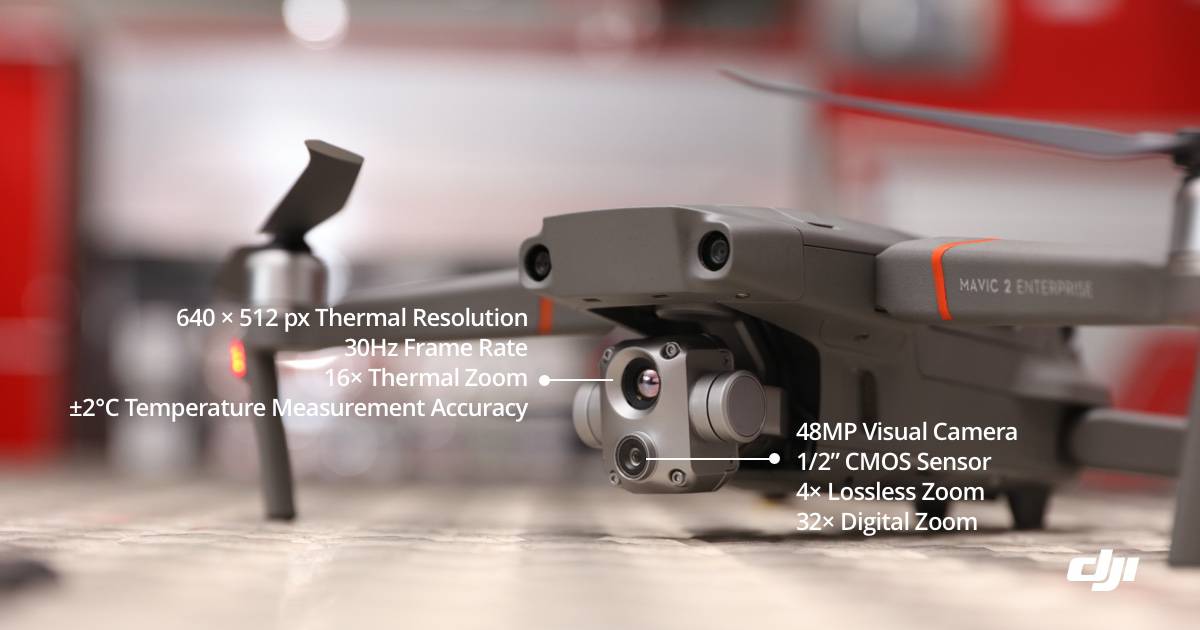
Mavic 2 Enterprise Advanced delivers a maximum flight time of up to 31 minutes and a top speed of 72 km/h (45 mph).
Mavic 2 Enterprise Advanced features DJI’s video and data transmission system, Ocusync 2.0, providing a stable connection between the drone and its remote controller up to a distance of 10 kilometres (6.2 miles). The system features interference resistance and auto-switching capabilities that support both 2.4 GHz and 5.8 GHz frequency bands with the capability to use different frequencies for uplink and downlink data streams.








